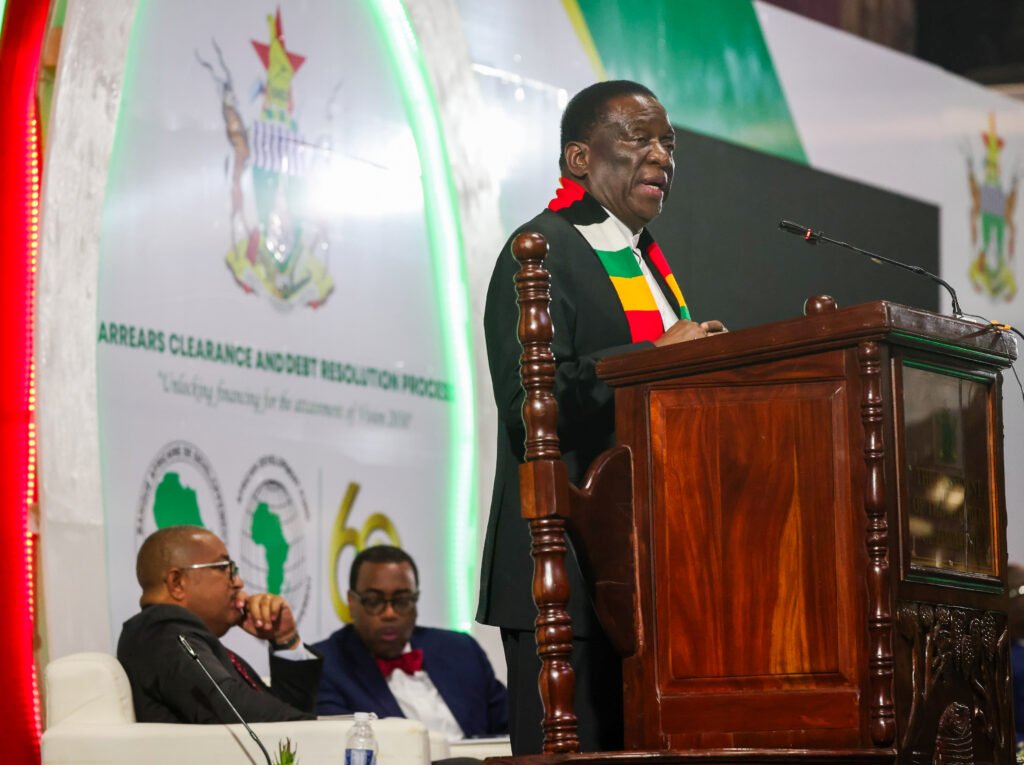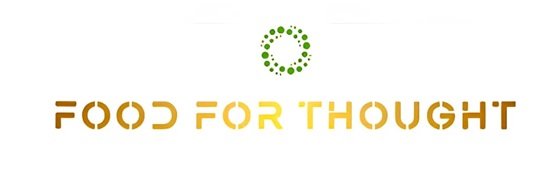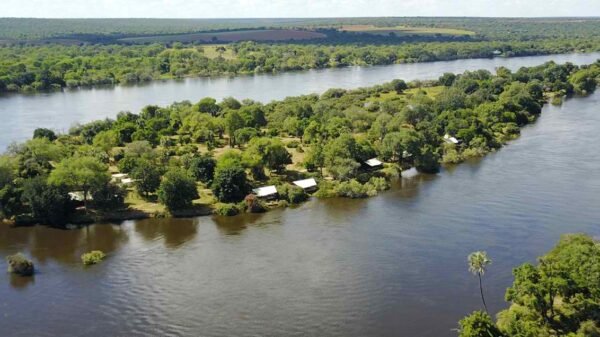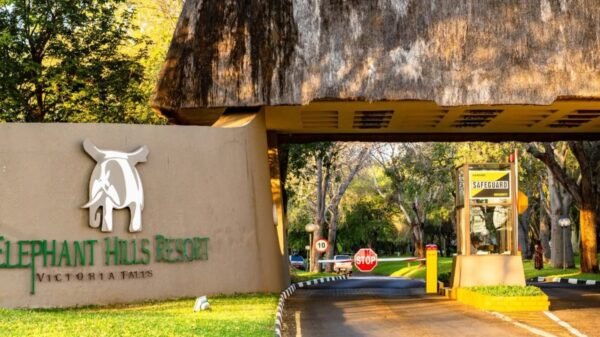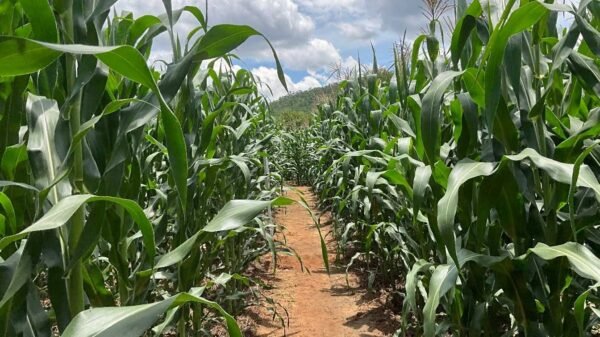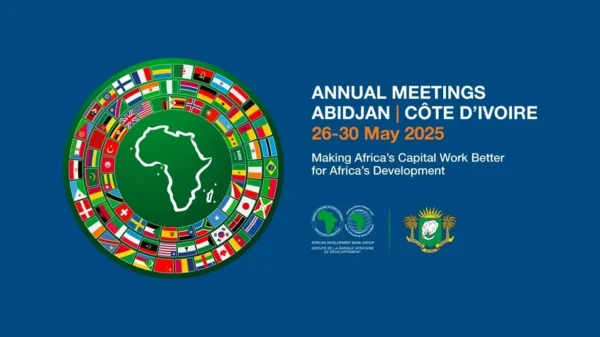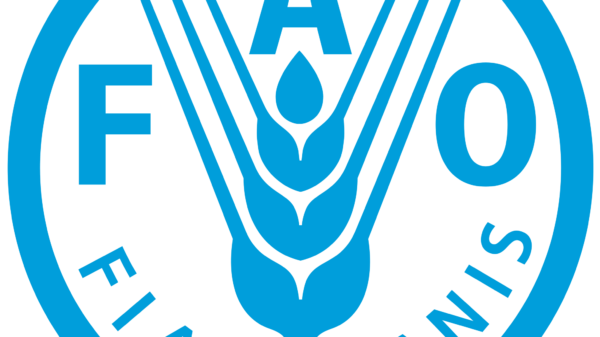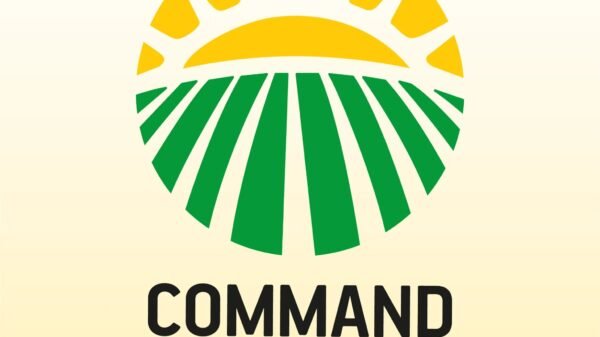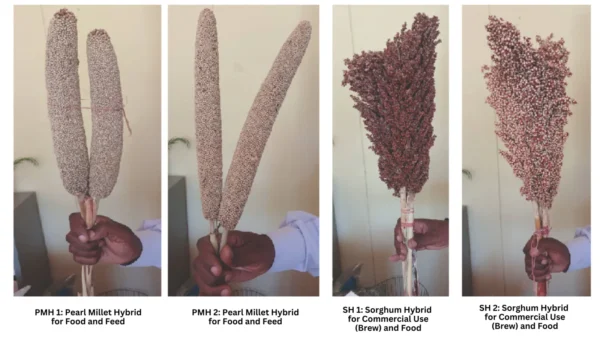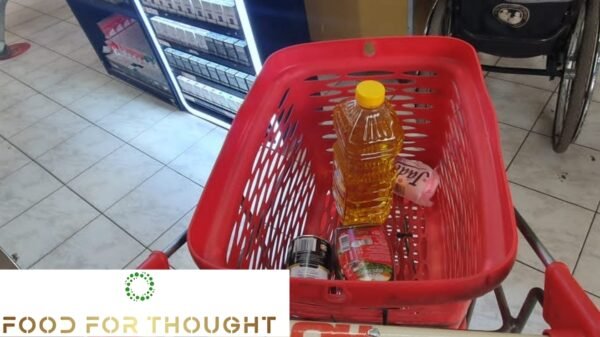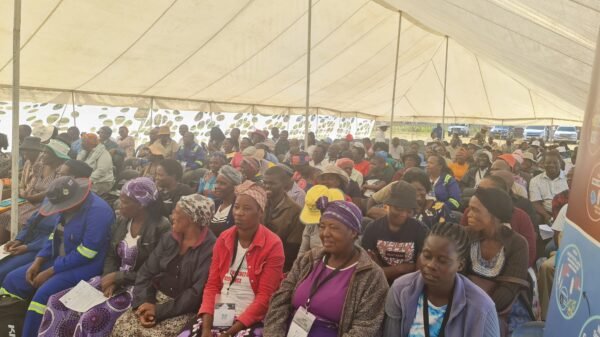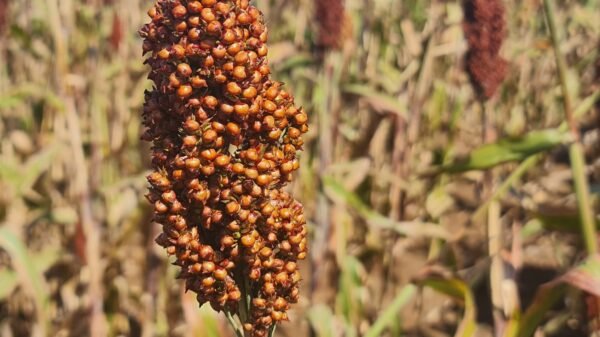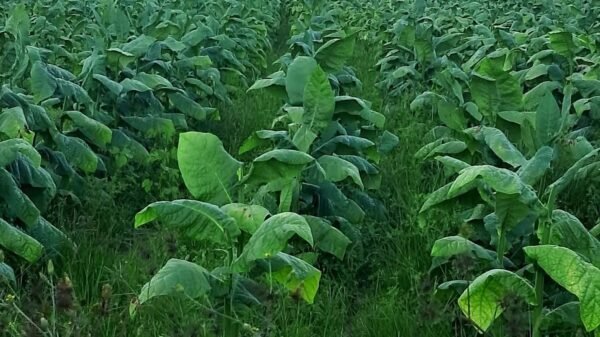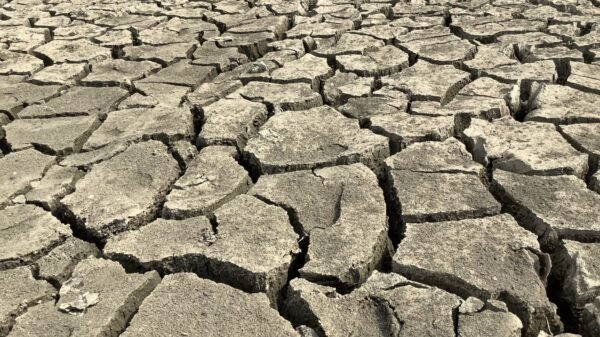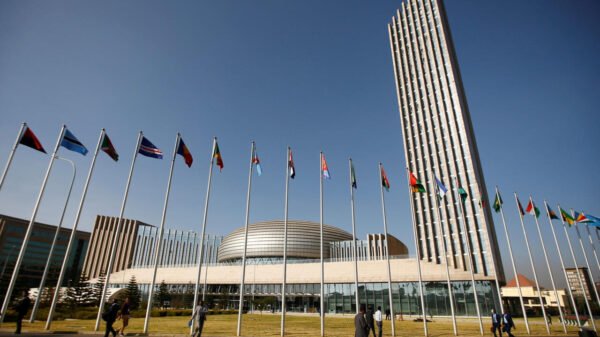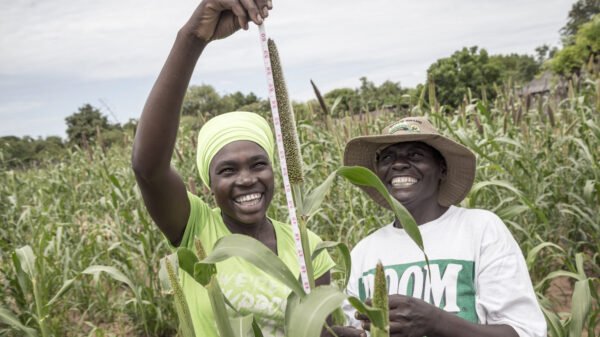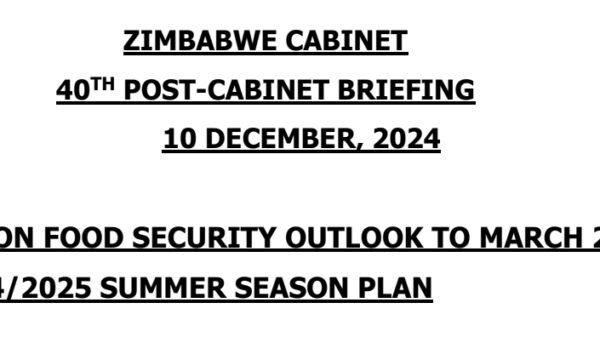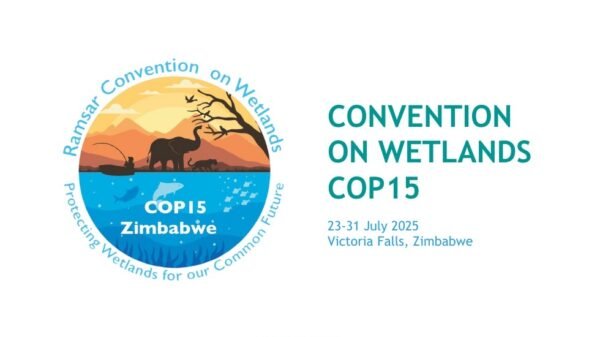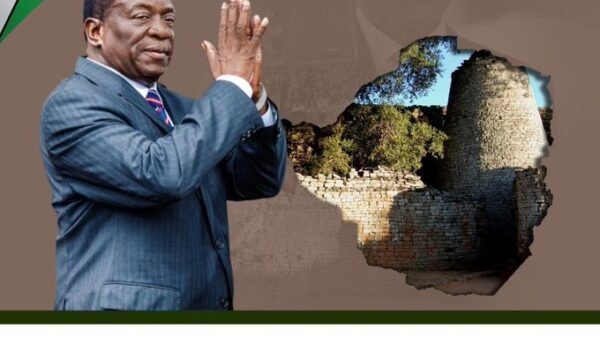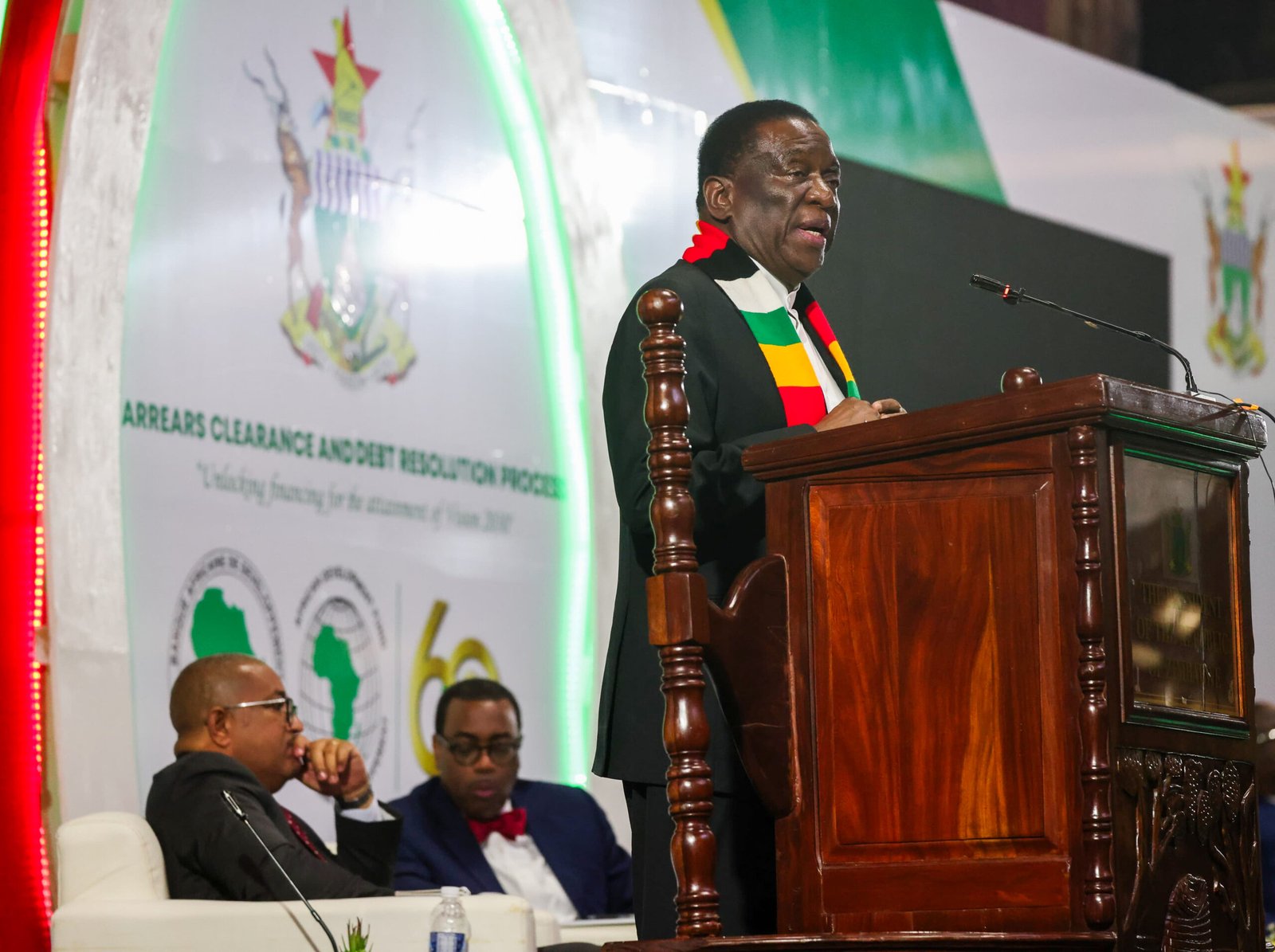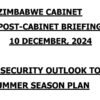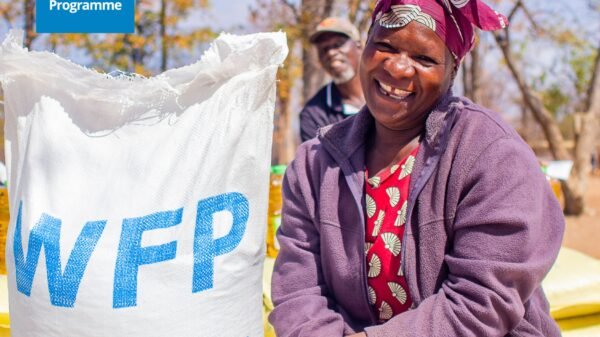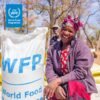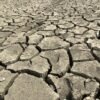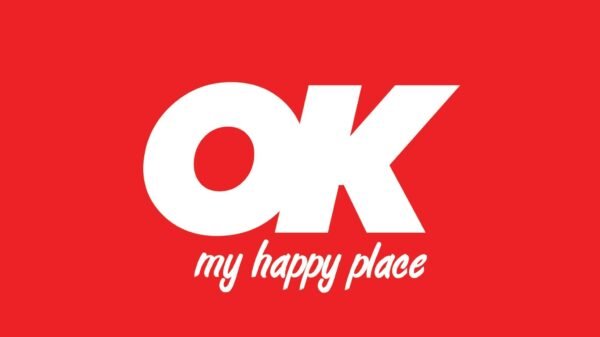By Brezh Malaba
AT the August 2024 Sadc summit in Harare, Africa’s heavy dependency on aid in the face of fragile food security came to the fore, with the regional grouping once again holding out the begging bowl in a bid to rescue 68 million people from the clutches of severe hunger.
Elias Magosi, the executive secretary of the Southern African Development Community, told the gathering on 17 August that El Niño was to blame for the devastating hunger crisis which has left 67.7 million — or 17% of the region’s entire population — in desperate need of assistance.
“The 2023-2024 rainfall season has been a challenging one, with most parts of the region experiencing the negative effects of the El Niño phenomenon, characterised by a late onset of rains, extended mid-season dry spells, and extreme high temperatures.
“As a result of the El Niño, an estimated 67.7 million people in the region, representing more than 17% of the regional population, have been negatively affected,” Magosi told the regional summit.
But analysts say although El Niño has indeed wreaked havoc on regional agriculture, it is misleading to entirely attribute the hunger crisis to the phenomenon.
There are other factors at play, not least economic mismanagement and corruption-induced poverty. The hunger crisis has also been worsened by runaway food prices, political instability, disease outbreaks, and ongoing macro-economic challenges.
In its final communiqué, Sadc underlined the need to tackle food insecurity. However, the statement did not unveil any new ideas but resorted to the begging bowl.
“Summit urged Member States to implement the Sadc Regional Humanitarian Appeal to the El Niño-induced drought and floods, which the Sadc Chairperson launched at the Extraordinary Summit held on 20 May 2024 in close collaboration with Sadc Secretariat and partners,” said the regional bloc.
In May 2024, Sadc launched a humanitarian appeal of at least US$5.5 billion to support the 68 million people “affected by the El Niño-induced drought and floods”.
For decades, African leaders have found scapegoats for the perennial hunger crisis.
Before the 2023-2024 El Niño-induced drought, they blamed the Covid-19 pandemic and Russia’s invasion of Ukraine. But commentators say it is a crying shame that Ukraine, a war-torn country of 44 million people, has been feeding Africa, a continent of 1.4 billion folks. Are we not ashamed?
Africa has all the necessary ingredients to attain food self-sufficiency — well, all the decisive factors are in place except competent leadership. The world’s most arable land is found in Africa. With a median age of 19, Africa has the planet’s youngest population and superb human resources.
Despite the global climate crisis, rain-fed agriculture is still a viable prospect in some countries. All the same, there are lots of dams and rivers to sustain sizeable irrigation. Above all, the continent’s huge population means there is a ready market for farm produce. So why are African leaders grovelling for food in Russia and Ukraine? The answer is clear: failed leadership.
Corruption, low yields, poor productivity, inefficient farming practices, undue corporate influence, distortions in agricultural markets and heavy dependency on toxic pesticides and harmful chemical fertilisers all point to unworkable policies and leadership failure. African agricultural systems must become more resilient, to ensure food security and better nutrition.
According to the African Union’s Comprehensive African Agriculture Development Programme (CAADP) Biennial Review report (2019-2021), Africa is not on track to meeting its goal of ending hunger by 2025. The year 2025 is upon us, with food insecurity continuing to pose an existential threat.
The president of the African Development Bank, Akinwumi Adesina, has warned that Africa risks civil war if it continues failing to grow its own food. He says it is mind-boggling that the continent can perennially depend on Ukraine and Russia for its grain needs. These two countries have been at war since February 2022, but Africa still relies on them for grain supplies.
Zimbabwe is one of six economically distressed African countries promised donations of grain by Russia. Other recipients of “free” Kremlin grain are Burkina Faso, Central African Republic, Eritrea, Mali and Somalia. There is no such thing as free food. Have Africans forgotten Thomas Sankara’s timeless wisdom: “He who feeds you, controls you.”?
What Adesina is saying is hardly new. Are African leaders listening at all?
